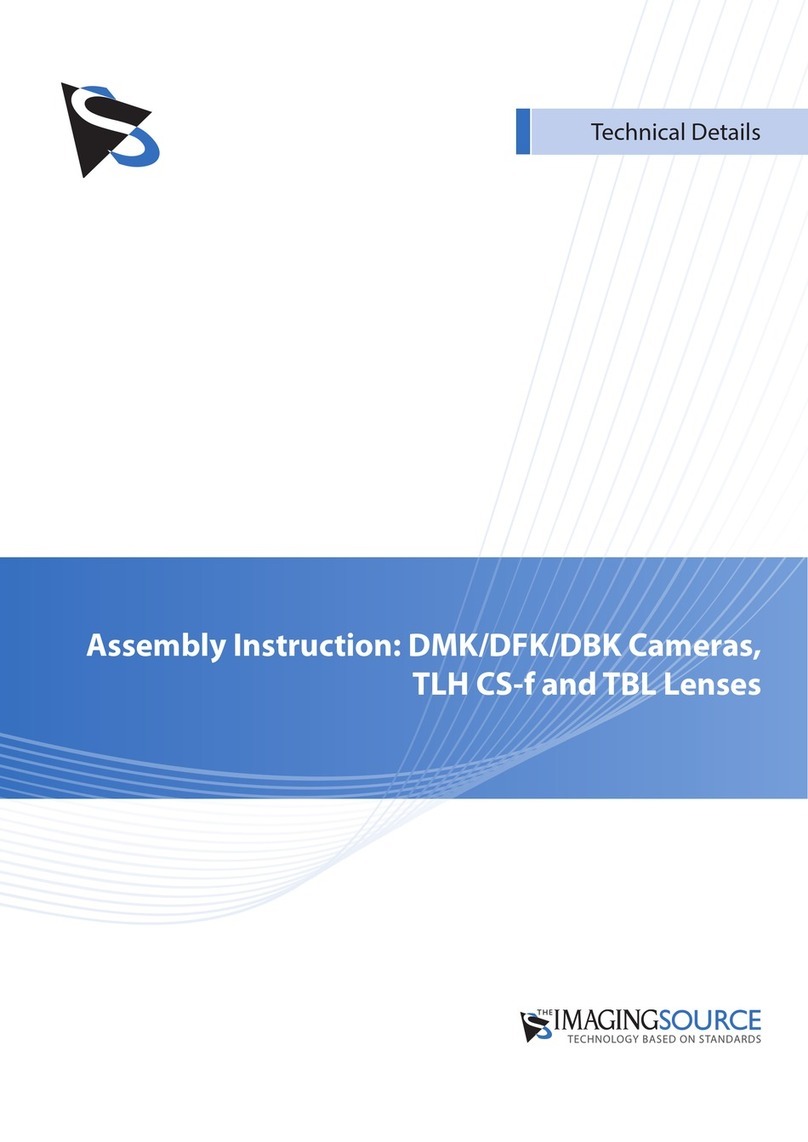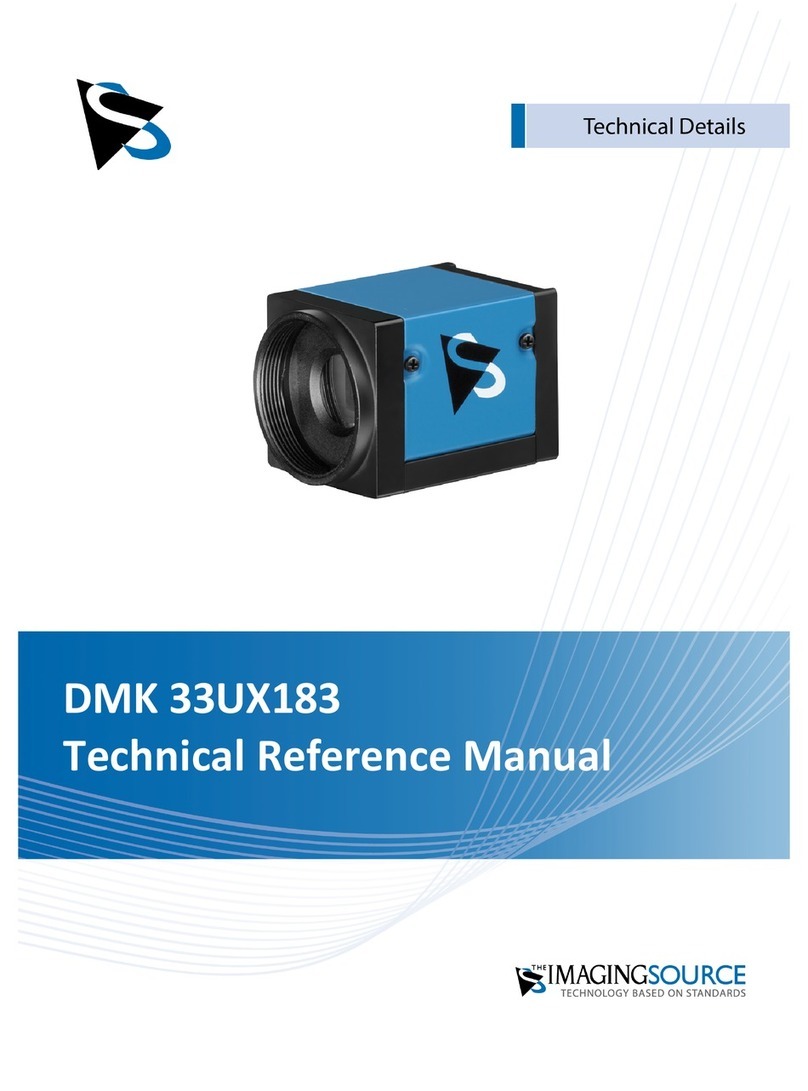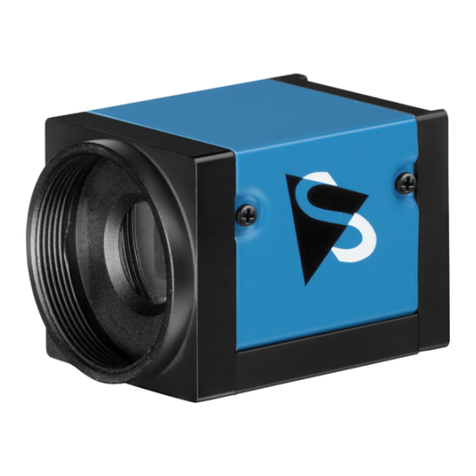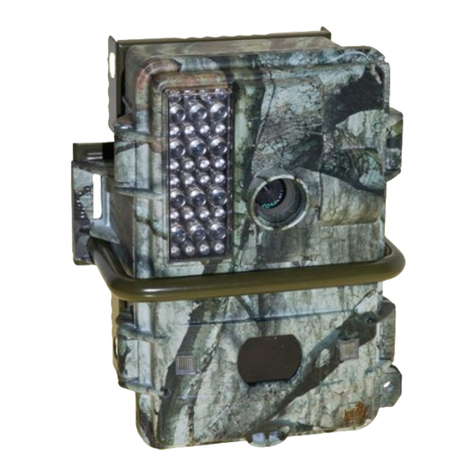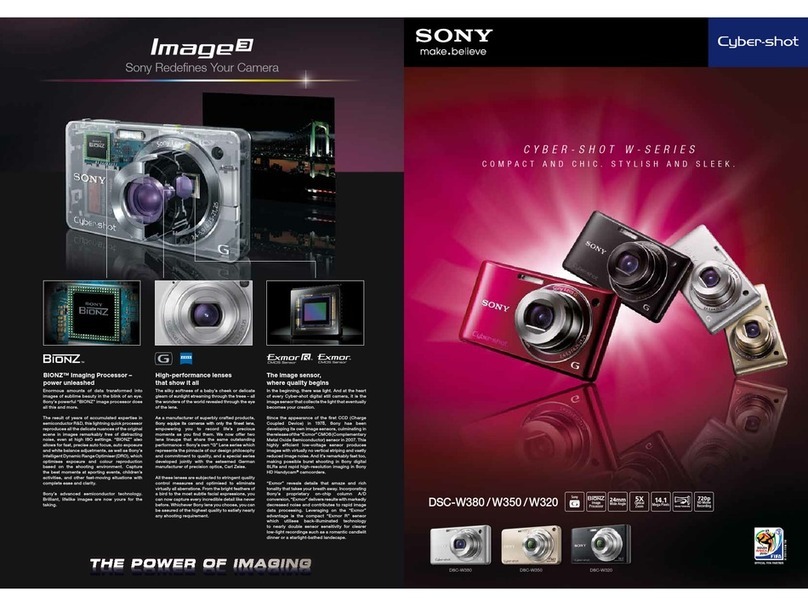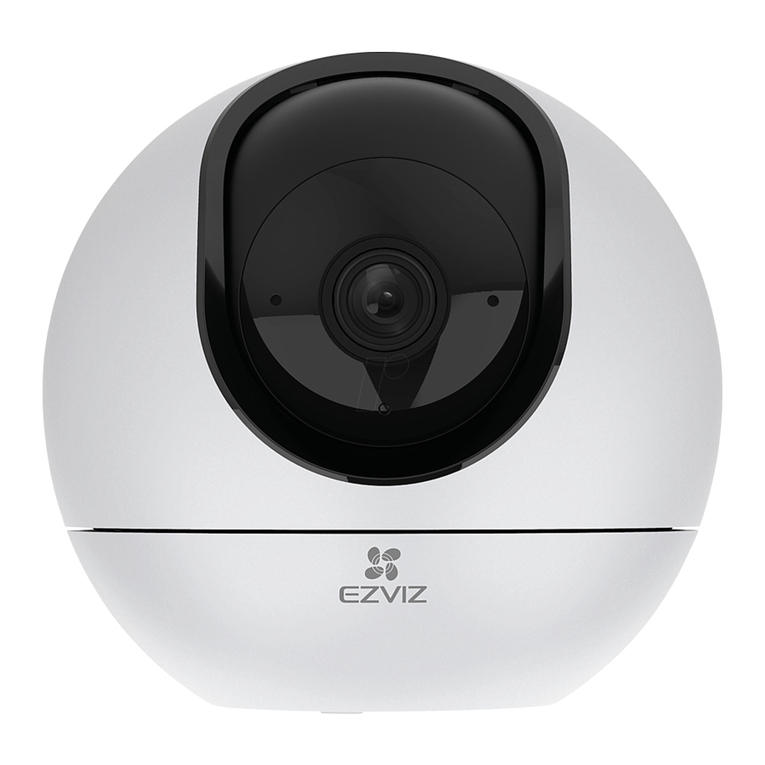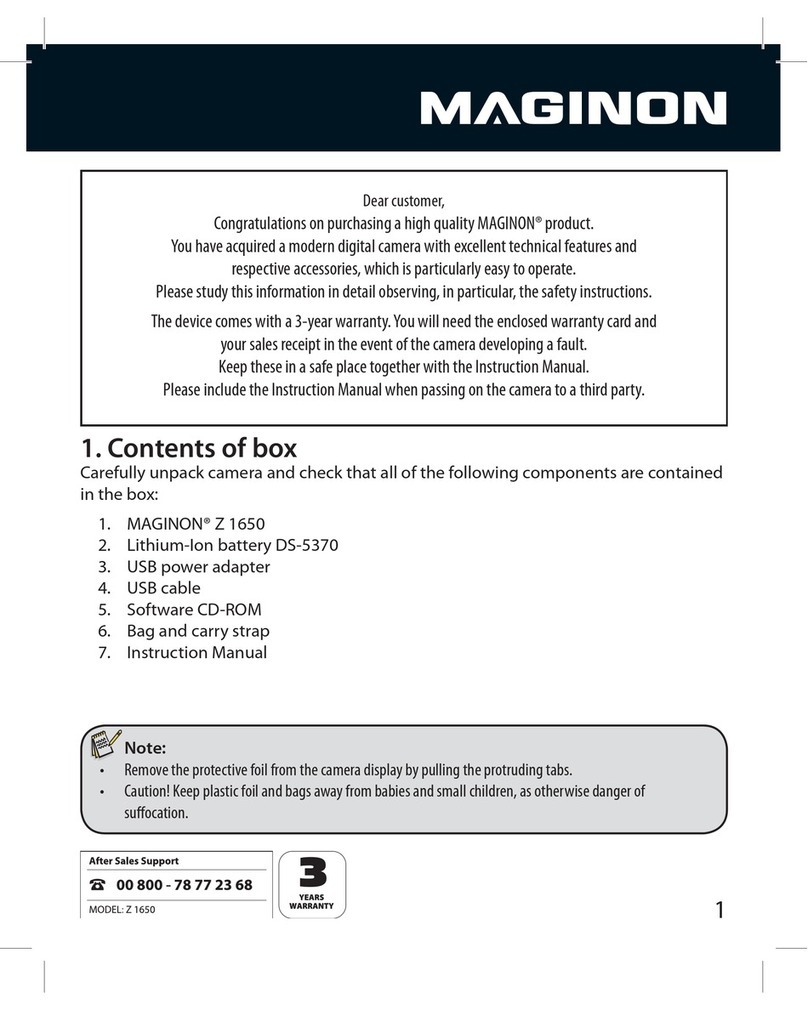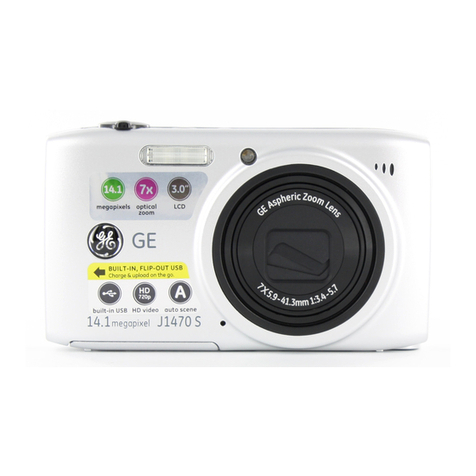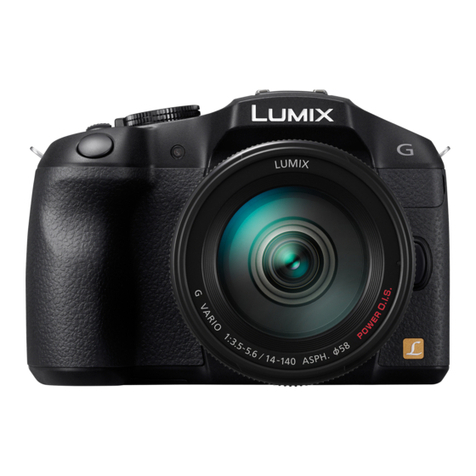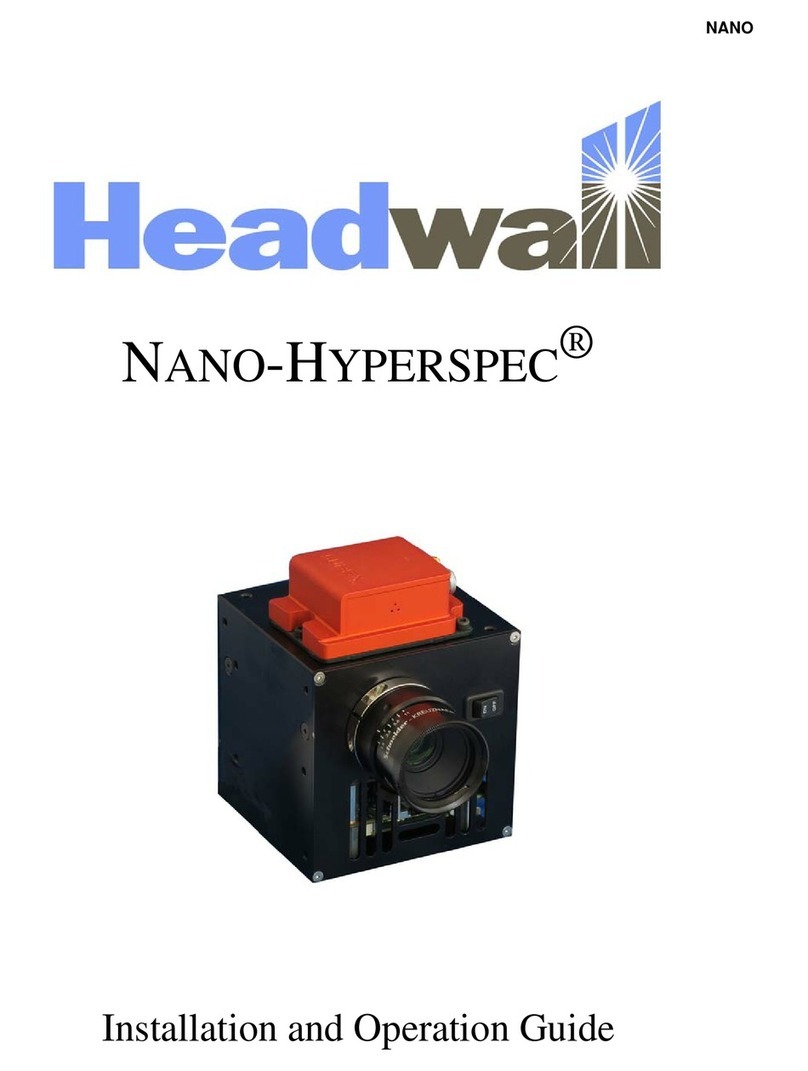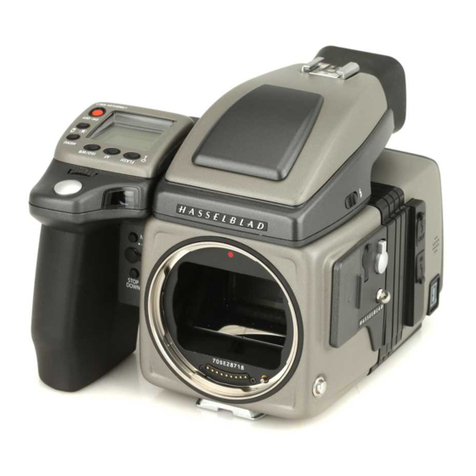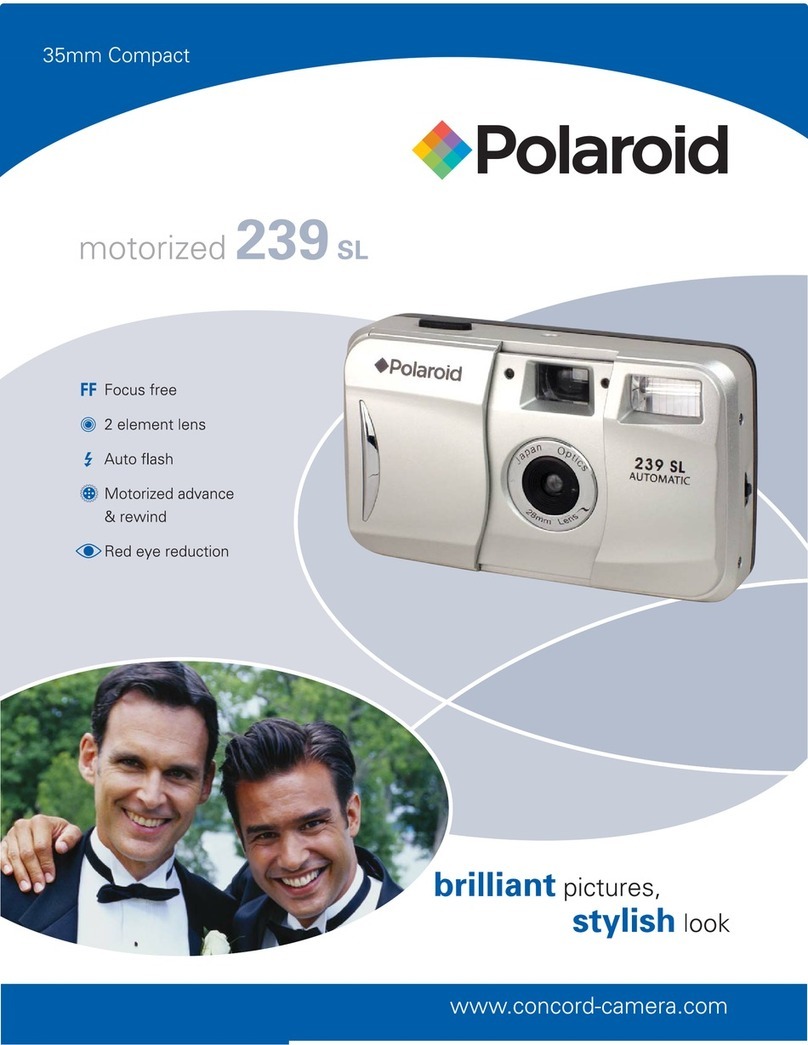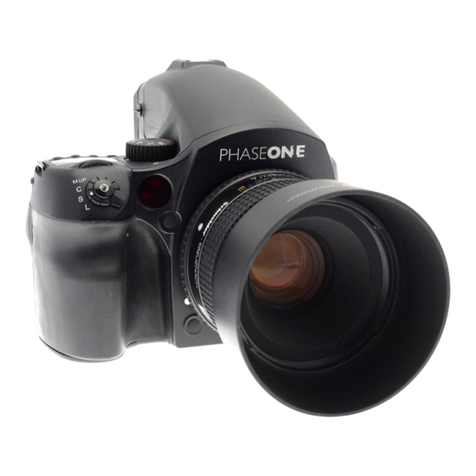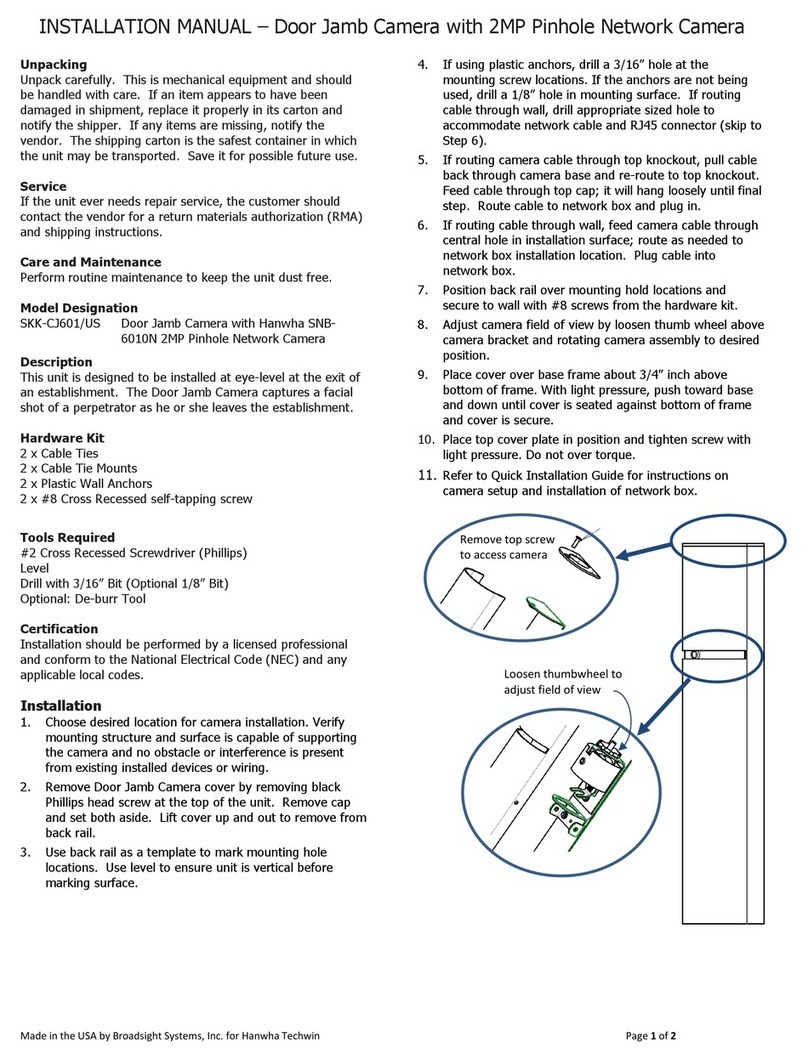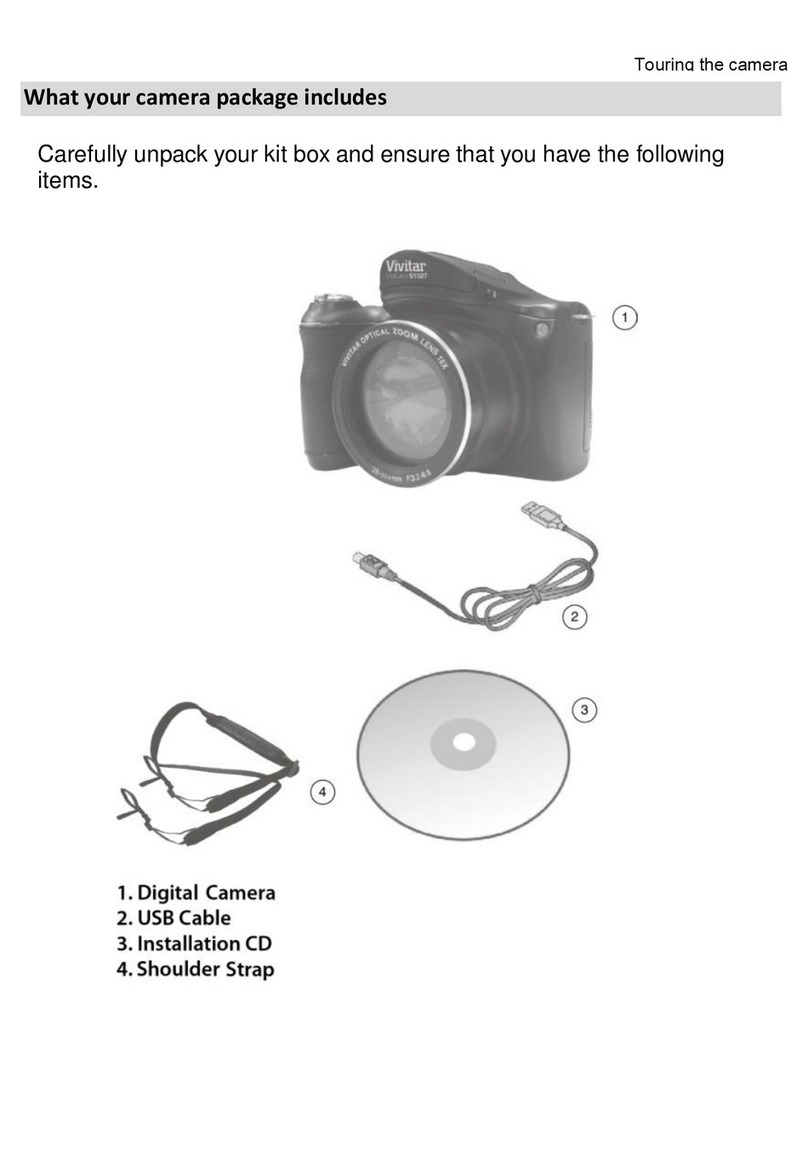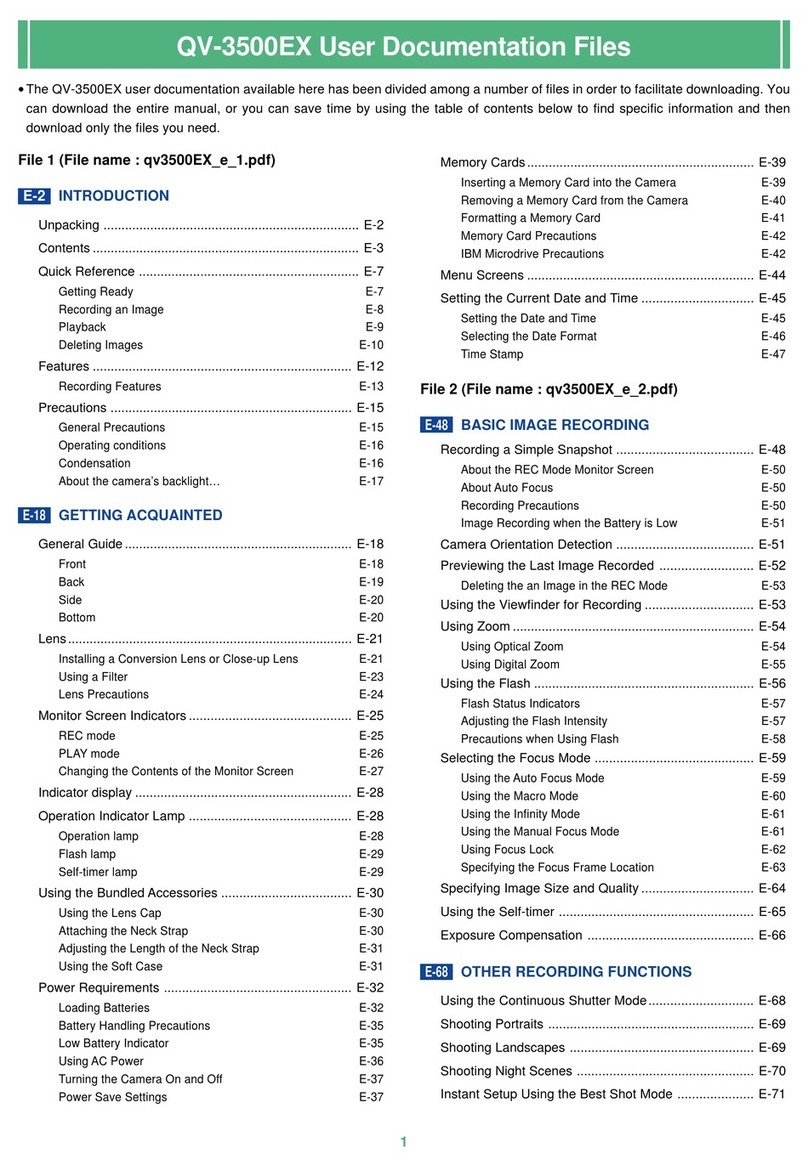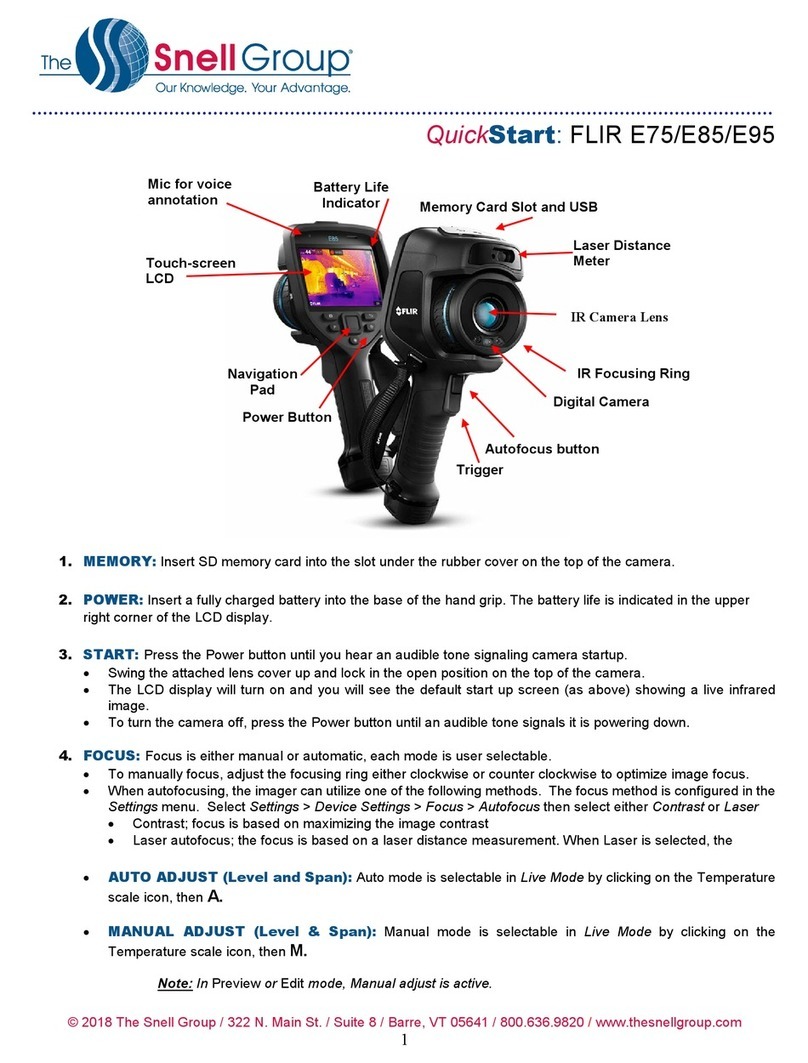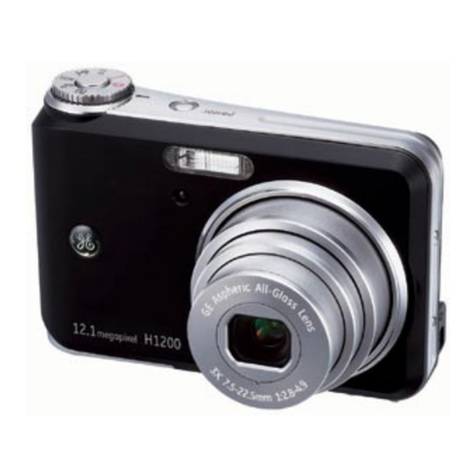Imaging Source DMK 33UX264 Product manual

DMK 33UX264
Technical Reference Manual

DMK 33UX264 Technical ReferenceManual 2
Table of Contents
1. Quick Facts 4
2. Dimensional Diagrams 6
2.1 DMK 33UX264 C-Mount with Tripod Adapter ............................................................. 6
2.2 DMK 33UX264 C-Mount without Tripod Adapter ....................................................... 7
2.3 DMK 33UX264 CS-Mount with Tripod Adapter ........................................................... 8
2.4 DMK 33UX264 CS-Mount without Tripod Adapter ..................................................... 9
3. I/O Connector 10
3.1 12-pin I/O Connector ................................................................................................... 10
TRIGGER_IN ........................................................................................................... 113.1.1 STROBE_OUT ......................................................................................................... 113.1.2
4. Spectral Characteristics 12
4.1 Spectral Sensitivity - IMX264LLR-C ............................................................................. 12
5. Camera Controls 13
5.1 Sensor Readout Control .............................................................................................. 13
Pixel Format ........................................................................................................... 135.1.1 8-Bit Monochrome ................................................................................................................................. 135.1.1.1
16-Bit Monochrome .............................................................................................................................. 145.1.1.2
Resolution .............................................................................................................. 145.1.2 Readout Modes ...................................................................................................... 155.1.3 Frame Rate ............................................................................................................. 155.1.4 Partial Scan Offset ................................................................................................. 165.1.5 Image Flipping ....................................................................................................... 175.1.6
5.2 Image Sensor Control .................................................................................................. 18
Exposure Time ....................................................................................................... 185.2.1 Gain ........................................................................................................................ 185.2.2 Black Level ............................................................................................................. 195.2.3
5.3 Automatic Exposure and Gain Control ...................................................................... 19
Auto Exposure ........................................................................................................ 205.3.1 Auto Gain ............................................................................................................... 205.3.2 Auto Reference Value ............................................................................................ 205.3.3 Highlight Reduction ............................................................................................... 215.3.4 Auto Exposure Limits ............................................................................................. 215.3.5 Auto Gain Limits .................................................................................................... 225.3.6
5.4 Trigger ........................................................................................................................... 22
Trigger Mode ......................................................................................................... 225.4.1 Trigger Polarity ...................................................................................................... 235.4.2 Software Trigger .................................................................................................... 235.4.3 Trigger Burst Count ................................................................................................ 245.4.4 Trigger Source ........................................................................................................ 245.4.5

DMK 33UX264 Technical ReferenceManual 3
Table of Contents
Trigger Overlap ...................................................................................................... 245.4.6 IMX Low-Latency Mode ......................................................................................... 255.4.7
5.5 Trigger Timing Parameters .......................................................................................... 25
Trigger Delay ......................................................................................................... 255.5.1 Trigger Debounce Time ......................................................................................... 265.5.2 Trigger Mask Time ................................................................................................. 265.5.3 Trigger Noise Suppression Time ............................................................................ 275.5.4
5.6 Digital I/O ..................................................................................................................... 27
General Purpose Input ........................................................................................... 275.6.1 General Purpose Output ........................................................................................ 275.6.2
5.7 Strobe ........................................................................................................................... 28
Strobe Enable ......................................................................................................... 285.7.1 Strobe Polarity ........................................................................................................ 285.7.2 Strobe Operation .................................................................................................... 295.7.3 Strobe Duration ...................................................................................................... 295.7.4 Strobe Delay ........................................................................................................... 305.7.5
5.8 Image Processing ......................................................................................................... 30
Gamma ................................................................................................................... 305.8.1 Lookup Table .......................................................................................................... 305.8.2
5.9 Region of Interest for Auto Functions ....................................................................... 31
Auto Functions ROI Enable .................................................................................... 325.9.1 Auto Functions ROI Preset ..................................................................................... 325.9.2 Auto Functions ROI Custom Rectangle .................................................................. 325.9.3
5.10 User Sets ....................................................................................................................... 34
User Set Selector .................................................................................................... 345.10.1 Load User Set ......................................................................................................... 345.10.2 Save User Set ......................................................................................................... 345.10.3 Default User Set ..................................................................................................... 355.10.4
5.11 Multi-Frame Output Mode ......................................................................................... 35
Multi-Frame Output Mode Enable ......................................................................... 355.11.1 Multi-Frame Output Mode Frame Count ............................................................... 355.11.2 Multi-Frame Output Mode Exposure Time ............................................................ 365.11.3 Multi-Frame Output Mode Custom Gain ............................................................... 365.11.4 Multi-Frame Output Mode Gain ............................................................................ 375.11.5
6. Revision History 38

DMK 33UX264 Technical ReferenceManual 4
Quick Facts
1 Quick Facts
General
Vision Standard
USB3 Vision
Dynamic Range
8/12
Resolution
2448x2048
Frame Rate
38
Pixel Formats
8-Bit Monochrome
16-Bit Monochrome
Optical Interface
IR-Cut filter
No
Sensor Type
Sony IMX264LLR-C
Shutter Type
Global
Sensor Format
2/3 inch
Pixel Size
3.45 µm
Lens Mount
C/CS
Electrical Interface
Interface
USB 3.0
Supply voltage
4.75 VDC to 5.25 VDC
Current consumption
approx 700 mA @ 5 VDC
I/O Connector
12-pin connector for trigger and strobe or
general purpose input/output
Mechanical Data
Dimensions
H: 29 mm, W: 29 mm, L: 43 mm
Mass
65 g
Adjustments
Shutter
25 µs to 4 s
Gain
0 dB to 48 dB

DMK 33UX264 Technical ReferenceManual 5
Quick Facts
Environmental
Temperature (operating)
-5 °C to 45 °C
Temperature (storage)
-20 °C to 60 °C
Humidity (operating)
20 % to 80 % (non-condensing)
Humidity (storage)
20 % to 95 % (non-condensing)

DMK 33UX264 Technical ReferenceManual 6
Dimensional Diagrams
2 Dimensional Diagrams
2.1 DMK 33UX264 C-Mount with Tripod Adapter

DMK 33UX264 Technical ReferenceManual 7
Dimensional Diagrams
2.2 DMK 33UX264 C-Mount without Tripod Adapter

DMK 33UX264 Technical ReferenceManual 8
Dimensional Diagrams
2.3 DMK 33UX264 CS-Mount with Tripod Adapter

DMK 33UX264 Technical ReferenceManual 9
Dimensional Diagrams
2.4 DMK 33UX264 CS-Mount without Tripod Adapter

DMK 33UX264 Technical ReferenceManual 10
I/O Connector
3 I/O Connector
3.1 12-pin I/O Connector
Rear view of camera
Pin
Signal
I/O
Remarks
Characteristics
Min
Typ
Max
Unit
1
do not use
-
-
-
-
-
2
do not use
-
-
-
-
-
3
n.c.
-
-
-
-
-
4
n.c.
-
-
-
-
-
5
n.c.
-
-
-
-
-
6
n.c.
-
-
-
-
-
7
GND_I/O
G3
External Ground
-
-
-
-
8
n.c.
-
-
-
-
-
9
n.c.
-
-
-
-
-
10
STROBE_OUT
O3
Open drain
-
-
24.01
V
11
TRIGGER_IN (+)
I3
Optocoupler signal
3.32
-
24.02
V
12
TRIGGER_IN (-)
I3
Optocoupler ground
-
-
-
-
1max. 0.2A (ID) for open drain MOSFET!
2min. 3.5 mA driver strength required!
3G: Ground O: Output I: Input
The part number of this Hirose connector is HR10A10R-12P(73). To realize an I/O
cable you need a Hirose connector HR10A-10P-12S(73).

DMK 33UX264 Technical ReferenceManual 11
I/O Connector
3.1.1 TRIGGER_IN
The TRIGGER_IN line can be used to synchronize the start of the exposure time with
external events. The Trigger section describes in detail how the image sensor's behavior
can be controlled.
The current input signal can also be read directly through the General Purpose Input
feature.
3.1.2 STROBE_OUT
The STROBE_OUT line's main usage is to indicate the integration time of the image
sensor which allos flashes, strobes or other light sources to be synchronized with camera
operation. The line's behavior can be controlled through the Strobe controls.
The output signal can also be directly controlled through the General Purpose Output
feature.

DMK 33UX264 Technical ReferenceManual 12
Spectral Characteristics
4 Spectral Characteristics
4.1 Spectral Sensitivity - IMX264LLR-C

DMK 33UX264 Technical ReferenceManual 13
Camera Controls
5 Camera Controls
This section describes the parameters available for the DMK 33UX264 camera.
The actual name of the parameter depends on the driver technology used to access the
camera. Parameter names are listed for the three most common ways to access the
cameras:
·
USB3 Vision (cross platform, via 3rd party driver)
·
UVC/V4L2 (on Linux, via uvcvideo)
·
IC Imaging Control (on Windows, via Device Driver for The Imaging Source USB
Cameras)
5.1 Sensor Readout Control
5.1.1 Pixel Format
The pixel format defines the data type of the pixels transmitted to the computer. The
bits per pixel needed for a particular pixel format influence the required bandwith.
The way the pixel format is controlled varies significantly among the driver technology
used to access the camera:
·
When using USB3 Vision, the pixel format is controlled through the PixelFormat
GenICam feature.
·
When using the uvcvideo driver on Linux, the pixel format is defied by video4linux2.
·
When using IC Imaging Control, the pixel format is part of the video format - a
parameter which combines pixel format, resolution and readout mode. For more
information, refer to the IC Imaging Control documentation sections on
VideoFormat and VideoFormatDesc.
The DMK 33UX264 monochrome camera supports multiple pixel formats with variable
bits-per-pixel settings. The names of the pixel formats and the way to select them
depends on the driver used to control the camera. The following table contains a short
overview of all possible formats followed by a more detailed description.
Pixel Format
Bits Per Pixel
USB3 Vision
UVC
TIS UVC
Driver"
8-Bit
Monochrome
8
Mono8
Y800
Y800
16-Bit Packed
Monochrome
16
Mono16
Y16
Y16
5.1.1.1 8-Bit Monochrome
This format transmits data using one byte for each pixel.
USB3 Vision drivers see this pixel format as Mono8, while UVC drivers see it with the
FourCC Y800.

DMK 33UX264 Technical ReferenceManual 14
Camera Controls
The Device Driver for The Imaging Source USB Cameras offers this pixel format as the
Y800 video format.
5.1.1.2 16-Bit Monochrome
The sensor of the DMK 33UX264 camera is not capable of providing 16-bit data output.
Instead, the pixel data is transmitted in the most significant bits which allows
application programs to ignore the sensor-specific data type, and treat the data as if
the sensor outputs 16 bits.
USB3 Vision drivers see this pixel format as Mono16, while UVC drivers see it with the
FourCC Y16.
The Device Driver for The Imaging Source USB Cameras offers this pixel format as the
Y16 video format.
5.1.2 Resolution
The DMK 33UX264 allows the user to specify which rectangular region of the image
sensor to read out during camera operation. The size of this rectangle determines the
number of pixels that have to be transferred for each frame and has a significant
influence on the required USB bandwidth.
Lowering the resolution also often allows the image sensor to operate at a higher frame
rate. Changes in the vertical resolution have more effect on the maximum frame rate
than changes in the horizontal direction.
The way the resolution is controlled varies greatly between the driver technology used
to access the camera:
·
When using USB3 Vision, the resolution is controlled through the GenICam features
Width and Height.
·
When using the uvcvideo on Linux, the resolution is selected from a list of fixed
formats. Dynamic frame sizes are not available.
·
When using IC Imaging Control, the resolution is part of the video format, a parameter
that combines pixel format, resolution and readout mode. For more information, refer
to the IC Imaging Control documentation sections on VideoFormat and
VideoFormatDesc.
Parameter
Horizontal Resolution
Minimum
256
Maximum
2448
USB3 Vision: GenICam
Width

DMK 33UX264 Technical ReferenceManual 15
Camera Controls
Parameter
Vertical Resolution
Minimum
4
Maximum
2048
USB3 Vision: GenICam
Height
5.1.3 Readout Modes
The DMK 33UX264 camera offers different sensor readout modes.
By default, the camera outputs all pixels of the image sensor.
In skipping modes, the image sensor regularly skips a number of rows and/or columns
during readout. The resulting output image is smaller but contains the same field of
view than the image produced by default readout mode.
In binning modes, a number of neighboring pixels is merged into one output pixel
during readout. The nature of this merge operation is sensor-specific, most sensors
either add the pixel values or average them.
Generally, binning modes provide better image quality than skipping modes. However,
skipping modes usually provide a higher maximum frame rate.
The way the readout modes are controlled depends greatly upon which driver
technology is used to access the camera:
·
When using USB3 Vision, the resolution is controlled through the GenICam features
DecimationHorizontal, DecimationVertical, BinningHorizontal and
BinningVertical.
·
Selecting readout modes is currently not supported through UVC in Linux.
·
When using IC Imaging Control, the readout mode is part of the video format - a
parameter that which combines pixel format, resolution and readout mode. For more
information, refer to the IC Imaging Control documentation sections on
VideoFormat and VideoFormatDesc.
The following readout modes are supported:
·
Default
·
Skipping 2X
·
Skipping 2X vertical
·
Skipping 2X horizontal
·
Binning 2X
5.1.4 Frame Rate
The frame rate is specified in frames per second and determines the camera's operating
speed.
The way the frame rate is controlled depends greatly upon which driver technology is
used to access the camera:

DMK 33UX264 Technical ReferenceManual 16
Camera Controls
·
When using USB3 Vision, the frame rate is controlled through the GenICam feature
AcquisitionFrameRate.
·
When using uvcvideo on Linux, the frame rate is selected from a list of available
frame rates.
·
When using IC Imaging Control, the frame rate is selected from a list of available
frame rates through APIs such as Grabber::setFPS or
ICImagingControl.DeviceFrameRate.
The range of available frame rates depends on other camera settings such as pixel
format, resolution and readout modes.
Parameter
Frame Rate
Minimum
Depending on Pixel Format, Resolution, and Readout
Mode
Maximum
Depending on Pixel Format, Resolution, and Readout
Mode
USB3 Vision: GenICam
AcquisitionFrameRate
The following tables show the maximum frame rate for some combinations of pixel
format and resolution.
8-Bit Monochrome
Width
Height
Maximum Frame Rate
2448
2048
38
2048
2048
45
1920
1080
90
640
480
370
16-Bit Monochrome
Width
Height
Maximum Frame Rate
2448
2048
37
2048
2048
44
1920
1080
90
640
480
370
5.1.5 Partial Scan Offset
If the selected resolution is smaller than the sensor size, the part of the sensor that is
actually read out can be specified by the Partial Scan Offset X and Partial Scan Offset Y

DMK 33UX264 Technical ReferenceManual 17
Camera Controls
parameters. By default, the camera automatically positions the offsets so that the center
of the sensor is used.
Parameter
Partial Scan Offset X
Minimum
0
Maximum
2192
USB3 Vision: GenICam
OffsetX
UVC
ROI Offset X
VCD Property
VCDID_PartialScanOffset
\VCDElement_PartialScanOffsetX
Parameter
Partial Scan Offset Y
Minimum
0
Maximum
2044
USB3 Vision: GenICam
OffsetY
UVC
ROI Offset Y
VCD Property
VCDID_PartialScanOffset
\VCDElement_PartialScanOffsetY
If Partial Scan Offset X or Partial Scan Offset Y is configured to a value that would be
invalid with the current setting of Resolution setting, the camera uses the maximum
possible value.
Parameter
Partial Scan Auto Center
On
Automatically configure Partial Scan Offset X/Y so that
the center area of the sensor is read out
True
Off
Control Partial Scan Offset X/Y manually
False
USB3 Vision: GenICam
OffsetAutoCenter
UVC
ROI Auto Center
VCD Property
VCDID_PartialScanOffset
\VCDElement_PartialScanAutoCenter
5.1.6 Image Flipping
The DMK 33UX264 camera allows flipping of the image data horizontally, vertically, or
both. The Flip Horizontal and Flip Vertical parameters can be used to control this sensor
feature.

DMK 33UX264 Technical ReferenceManual 18
Camera Controls
Parameter
Flip Horizontal
True
Image data is flipped horizontally
False
Image data is not flipped horizontally
USB3 Vision: GenICam
ReverseX
UVC
Flip Horizontal
VCD Property
VCDID_FlipHorizontal\VCDElement_Value
Parameter
Flip Vertical
True
Image data is flipped vertically
False
Image data is not flipped vertically
USB3 Vision: GenICam
ReverseY
UVC
Flip Vertical
VCD Property
VCDID_FlipVertical\VCDElement_Value
5.2 Image Sensor Control
5.2.1 Exposure Time
The Exposure Time parameter defines the time the camera opens its (electronic) shutter
when it is taking an image.
Parameter
Exposure Time
Minimum
25 µs
Maximum
4 s
Default
auto
USB3 Vision: GenICam
ExposureTime
UVC
Exposure Time (us)
VCD Property
VCDID_Exposure\VCDElement_Value
5.2.2 Gain
The Gain parameter defines the amplification that is applied to the image at sensor
level.

DMK 33UX264 Technical ReferenceManual 19
Camera Controls
Parameter
Gain
Minimum
0 dB
Maximum
48 dB
Default
auto
USB3 Vision: GenICam
Gain
UVC
Gain (db/100)
VCD Property
VCDID_Gain\VCDElement_Value
5.2.3 Black Level
The Black Level parameter defines the lowest possibly intensity value of the image
sensor.
Parameter
Black Level
Minimum
0
Maximum
4095
Default
240
USB3 Vision: GenICam
BlackLevel
UVC
Brightness
VCD Property
VCDID_Brightness\VCDElement_Value
5.3 Automatic Exposure and Gain Control
The DMK 33UX264 camera can automatically control gain and exposure time. These
automatic functions are enabled by default.
In order to optimize image parameters, a region of interest can be specified for
automatic functions which enables fine-grained control over the image area for that the
image parameters are optimized. A selection of pre-defined area presets is available,
but the user can also specify the coordinates of a custom rectangle.
In certain situations, it is desirable to limit the range of the auto-controlled parameters.
For example, one might want to avoid high gain settings in order to keep noise levels
low. Other applications require limiting the maximum exposure time so that
movements do not get blurred. Therefore, the ranges of the gain and exposure
parameter can be limited.
If both auto exposure and auto gain are active, the camera tries to lower the gain value
in order to reduce noise and improve the image quality.

DMK 33UX264 Technical ReferenceManual 20
Camera Controls
5.3.1 Auto Exposure
Parameter
Auto Exposure
Continuous
Enable Auto Exposure
True
Off
Disable Auto Exposure
False
USB3 Vision: GenICam
ExposureAuto
UVC
Auto Shutter
VCD Property
VCDID_Exposure\VCDElement_Auto
5.3.2 Auto Gain
Parameter
Auto Gain
Continuous
Enable Auto Gain
True
Off
Disable Auto Gain
False
USB3 Vision: GenICam
GainAuto
UVC
Auto Gain
VCD Property
VCDID_Gain\VCDElement_Auto
5.3.3 Auto Reference Value
The Auto Reference Value parameter specifies the target brightness for both auto
exposure and auto gain.
Parameter
Auto Reference Value
Minimum
0
Maximum
255
Default
128
USB3 Vision: GenICam
ExposureAutoReference
UVC
ExposureAutoReference
VCD Property
VCDID_Exposure\VCDElement_AutoReference
Table of contents
Other Imaging Source Digital Camera manuals
